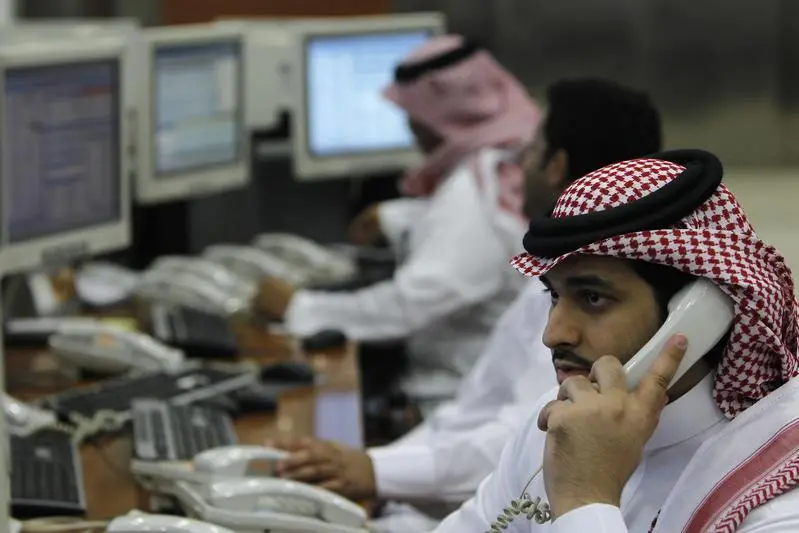PHOTO
RIYADH: The Saudi Stock Exchange expects share listings to pick up next year while the launch of stock index futures should smooth an influx of money from overseas, its chief executive said on Wednesday.
The Saudi market, with a capitalisation of about $500 billion, is bracing for heavy inflows of foreign funds in 2019 -- analysts predict $20 billion or more -- as it joins emerging market indexes compiled by MSCI and FTSE Russell.
Absorbing that amount of money without destabilising stock prices may be difficult. But Khalid al-Hussan said authorities were working on several initiatives to deepen the market with initial public offers of equity, helping to make it more stable.
A package of incentives will soon be offered to local companies that list, he said; the firms could expect regulatory benefits within their industries. This may persuade family-controlled groups to take some of their operations public.
Meanwhile, the exchange is working with regulators to complete a framework for foreign companies to cross-list their shares in Riyadh, Hussan said, adding that he would focus in the next few months on attracting firms from other Gulf Arab states.
Also, Riyadh is expected to proceed with a privatisation programme that could see it list a wide range of firms, although this is a longer-term prospect, Hussan said in an interview.
"The application pipeline of new listings, both in Nomu and the main market today, is very healthy." So far this year, there has been only one IPO in the main market and one in Nomu, a parallel market with lighter listing rules for smaller firms.
FUTURES
Hussan was speaking a day after the exchange announced it would launch stock index futures in the first half of next year, basing them on a tradeable index that will be developed with MSCI and become available in the fourth quarter of this year.
The futures are to be introduced earlier than originally expected; just a few months ago, Saudi officials were saying futures and options would be launched in 2020.
Hussan said the futures would ease the entry of foreign money into Saudi Arabia by giving institutions a way to hedge purchases of stocks, but he emphasised he was not accelerating the reform without adequate technical preparations. Trading the futures will require changes to the clearing system.
MSCI chief executive Henry Fernandez told Reuters the composition of the new tradeable index had not yet been determined, but that it would be based on MSCI's existing 32-member Saudi Arabia Index, possibly including several more stocks or several less.
Other equity derivatives, such as single-stock equity options, will be introduced to the Saudi exchange in 2020, Hussan said.
A major uncertainty for the exchange has been the listing of national oil giant Saudi Aramco. Riyadh originally planned to sell 5 percent of the firm this year, possibly raising about $100 billion, but industry sources told Reuters last month that the complex IPO had been shelved indefinitely.
Hussan did not comment on the status of the initial public offering (IPO), noting that was up to the government, but he said the exchange would remain prepared to host it even as it pursued other projects.
"We continue to confirm that the Saudi Stock Exchange is ready to host the largest issue in the world and we are very committed to the success of such an IPO," he said.
(Reporting by Andrew Torchia; Editing by Elaine Hardcastle) ((Saeed.Azhar@thomsonreuters.com; +971 44536787; Reuters Messaging: saeed.azhar.reuters.com@reuters.net))





















